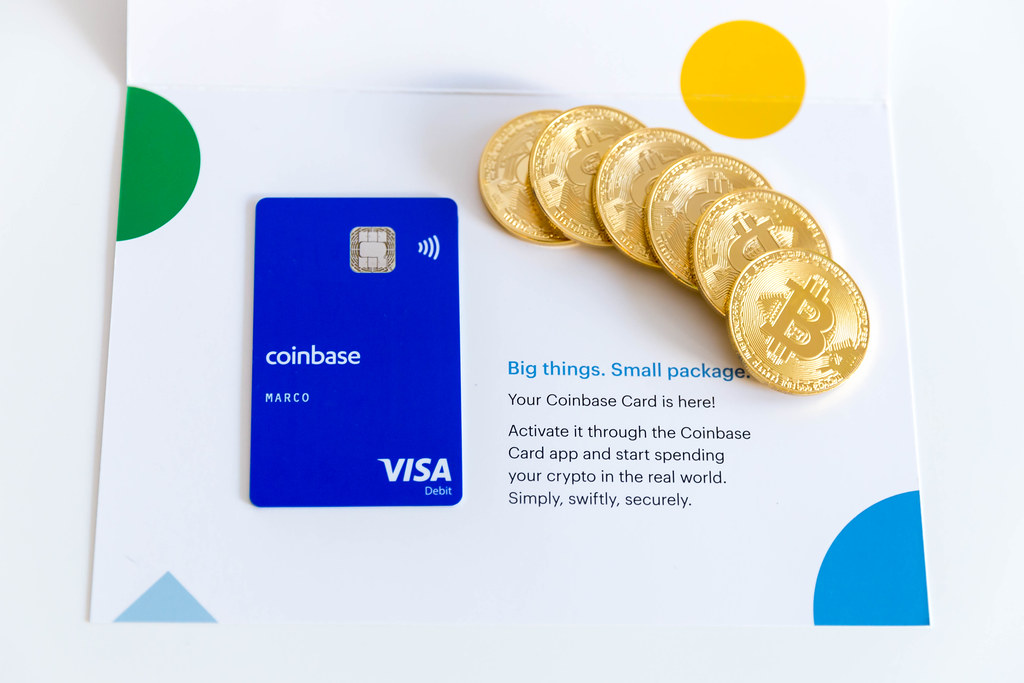Coinbase was founded in 2012 to enable people to seamlessly buy, sell, and store Bitcoin. Fast-forward to today, and Coinbase is a publicly traded cryptocurrency exchange with a total market value of over $36 billion.
The originally San Francisco-based crypto exchange is now a geographically decentralized company with no headquarters and available in 100+ countries. It stands out for providing a user-friendly trading experience, robust security, and a range of advanced features for experienced traders. Because of its large number of supported assets (200+) and easy-to-use platform, Coinbase has become the go-to exchange for many first-time crypto buyers. The platform has the look and feel of an online banking app, which most people are using already, making the transition to crypto investing simple.

Coinbase also insures the digital funds it holds on behalf of users and stores U.S. dollar balances in Federal Deposit Insurance Corporation (FDIC)-insured bank accounts to prevent a loss of user funds in the case of a security breach. Trading accounts can be funded with a wide range of payment methods, including wire transfer and ACH transfer.
What’s more, Coinbase also offers options for storing crypto. The first is a custodial option for new investors: storing your coins on the Coinbase.com exchange. The second is a non-custodial wallet (Coinbase Wallet) for experienced crypto users. When storing your crypto on Coinbase.com, Coinbase holds the private keys and effectively stores funds on behalf of the user. With Coinbase Wallet, the user has complete control over their funds as they hold the wallet’s private keys.
According to investopedia.com; en.wikipedia.org. Source of photos: internet








